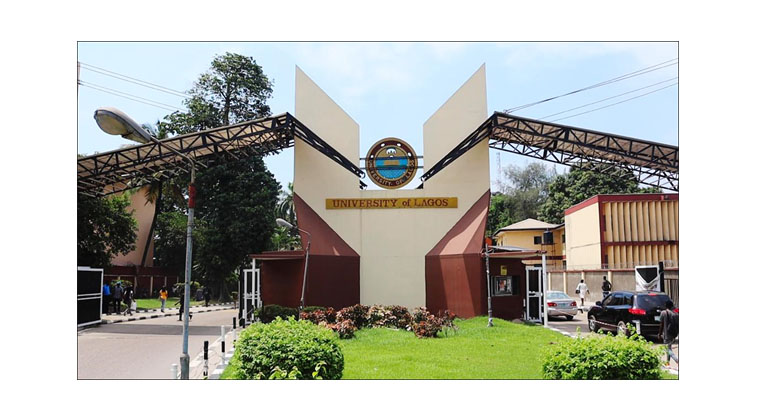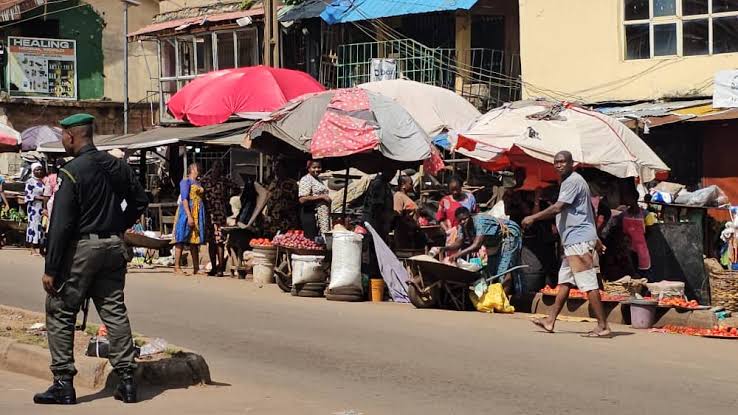1. Moses Was Born in Egypt
Moses was born in Egypt during the enslavement of the Jews. His parents, Amram and Yocheved, were from the illustrious tribe of Levi.1 He had two older siblings, Aaron and Miriam. According to rabbinic tradition, he was immensely handsome and powerful,3 and his countenance was like that of an angel.
2. His Birth Was Predicted by Egyptian Astrologers
King Pharaoh was the ruler of Egypt at the time. His astrologers told him that they had seen in the stars that the saviour of the Jewish people had been born and would ultimately meet his end through the water. Pharaoh therefore decreed that all newborn Jewish boys be drowned in the Nile River to ensure that this savior of the Jewish people would be killed.5
Yocheved, Moses’ mother, gave birth to him three months prematurely.6 When he was born, the house was filled with light from his holiness.7 She hid the baby from the Egyptian authorities until what would have been her ninth month of pregnancy. When she could hide him no longer, she put Moses into a basket and floated it along the Nile River, thus saving him from death.8
3. He Had an Egyptian Name
(Miriam Watches Over Moses in the Basket – by Natalia Kadish)
(Miriam Watches Over Moses in the Basket – by Natalia Kadish)
Moses (or Moshe) was given his name by the daughter of Pharaoh, Batya. While bathing in the Nile River, she noticed a basket floating in the water. The basket contained little Moses. According to rabbinic tradition, she reached out to grab it, and miraculously her arm stretched beyond its natural length and she was able to pull the basket towards her. To her surprise, she discovered a baby inside the basket and decided to adopt him as her own. She named the baby Moshe, which is derived from the word mishisihu (“he was drawn”) since she had drawn the baby from the water.
4. Moses Stuttered
The Midrash tells us that when Moses was a small boy in Pharaoh’s palace, he once grabbed the pharaoh’s crown and placed it on his head. Pharaoh feared that the little boy was after the monarchy. To test him, the royal advisors suggested that the pharaoh place glittering gold and equally shiny hot coal before the boy. If Moses would reach for the coal, it would be clear that he was simply attracted to shiny objects.
Faced with an array of bright things, Moses was about to reach for the gold, but an angel redirected his hand toward the coal. Moses took a piece of coal and put it in his mouth. He burned his mouth, and from then on, he spoke with difficulty.
Rabbi Shneur Zalman of Liadi explains that Moses’ stutter was reflective of his spiritual state. His soul was from the world of Tohu (“chaos”), which is above and beyond our reality. This resulted in his inability to relate to (or communicate with) those around him.
5. Moses Was a Fugitive
Moses grew up in the house of Pharaoh. Once, he observed an Egyptian taskmaster violently striking an innocent Jewish slave. After making sure that no one was watching, he killed the taskmaster and buried him in the sand. Despite his precautions, word of this episode reached the ears of Pharaoh, and Moses was sentenced to death. According to tradition, as he was about to be executed by the sword, his neck miraculously turned to ivory and he was able to flee.10
6. Moses Was a Shepherd
Moses was married to Tzipporah, the daughter of Jethro, an accomplished priest.11 Together they had two sons, Gershom and Eliezer.12 Jethro hired Moses to be a shepherd for his sheep.
One day, Moses noticed that a sheep had wandered away from the rest of the flock. He ran after the sheep and found it resting in a shady spot and drinking from a water cistern. The rabbis tell us that Moses exclaimed: “I did not realize that you ran away because you were tired,” and gently picked it up and returned it to the flock. When G‑d saw this act of compassion on Moses’ part, He declared: “As you have such mercy on the flock of a human being, I guarantee you that you will become the shepherd of My people.”13
7. He Heard God from a Burning Bush
The little lost sheep led Moses to a bush that was burning with fire but was not being consumed. As he approached the bush to discover the reason for this strange occurrence, God appeared to him and told him to remove his shoes out of respect for the holy site. God then went on to instruct Moses to appear before Pharaoh and demand the freedom of the Jewish people. He also told him to remind the Jewish people that God had not forgotten them and that they would soon be free. After some initial reluctance, Moses accepted the position. This was the first time that G‑d revealed himself to Moses.14
8. Moses Brought Ten Plagues
Moses was commanded by God to negotiate the release of the Jewish people. When Pharaoh refused to let them go, G‑d told Moses to tell Aaron to strike the Nile River, and it miraculously turned into blood, thereby depriving the Egyptians of this vital source of water. The plague not only affected the Nile, it turned all drinkable liquids into blood.15 Still, Pharaoh stubbornly refused to let the Jews go.
God then told Moses to tell Aaron to stretch out his staff, and a plague of frogs spread throughout Egypt, wreaking havoc amongst the Egyptians. In desperation, Pharaoh agreed to free the Jews on condition that the plague be stopped. After Moses acquiesced and prayed to G‑d to remove the frogs, Pharaoh promptly changed his mind and refused to let the people go. 16 The same scene repeated itself over and over, each time with a new plague. After 10 plagues, Pharaoh finally gave in and begged Moses to take the Jews out of Egypt.
9. He Remembered Joseph
Our sages tell us that while all the Jewish people were busy packing their belongings to leave Egypt, Moses went to collect the coffin of the great Jewish leader Joseph, who had been the viceroy of Egypt before slavery had begun. Joseph’s dying wish had been that his bones be brought out of Egypt and be buried in the Land of Israel. Now, as the redemption was taking place, Moses wanted to fulfil Joseph’s request. He called on Serach, the daughter of Asher, who had been present when Joseph had passed away, to point out where Joseph was buried. She told him that the Egyptians had buried Joseph in a metal casket at the bottom of the Nile River so that it would be blessed in his merit. Moses stood on the banks of the river and called out: “Joseph, Joseph, the time of redemption has come, and therefore it is time for us to fulfil the promise we made you.” Immediately, the coffin rose to the surface, and the Jews took it up with them to the Land of Israel.17
10. God Split the Sea Through Moses
Once Pharaoh released the Jewish people, he regretted his decision. He summoned his army, determined to return the Jews to servitude in Egypt. The Jews were now in a perilous situation, with the Red Sea in front of them and the Egyptian army fast approaching from behind. God commanded Moses to stretch his hand over the sea, and a strong easterly wind began to blow. Miraculously, the sea split and the Jews crossed on a dry seabed to safety. The Egyptian army tried to pursue them and was destroyed when the waters came crashing down on them as they entered the sea.















